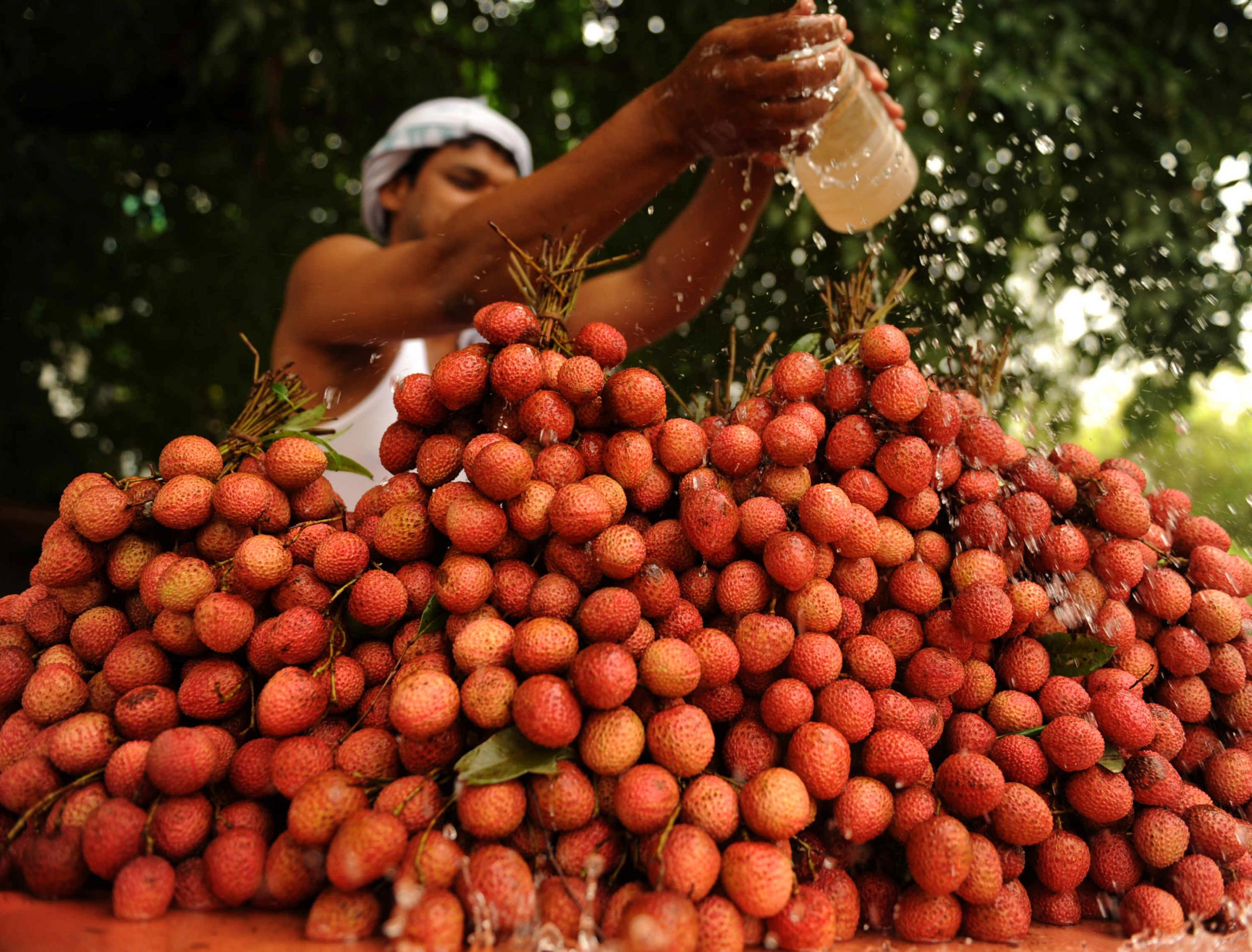Indian children died after 'eating lychees on empty stomach'
Researchers made the connection after hearing about Jamaican vomiting sickness, which was eventually traced to eating unripe ackee fruit

Your support helps us to tell the story
From reproductive rights to climate change to Big Tech, The Independent is on the ground when the story is developing. Whether it's investigating the financials of Elon Musk's pro-Trump PAC or producing our latest documentary, 'The A Word', which shines a light on the American women fighting for reproductive rights, we know how important it is to parse out the facts from the messaging.
At such a critical moment in US history, we need reporters on the ground. Your donation allows us to keep sending journalists to speak to both sides of the story.
The Independent is trusted by Americans across the entire political spectrum. And unlike many other quality news outlets, we choose not to lock Americans out of our reporting and analysis with paywalls. We believe quality journalism should be available to everyone, paid for by those who can afford it.
Your support makes all the difference.Researchers have traced a mystery illness that has been killing more than 100 Indian children annually to a tropical fruit.
For decades, seemingly healthy children in the Bihar region of northern India had been suffering sudden seizures and loss of consciousness, always during the scorchingly hot summer months of May and June, before the arrival of the annual monsoon rains in July.
Almost half of the affected children died, baffling doctors.
Research published on Tuesday has finally claims to have solved the mystery, suggesting the children were not ill, but had been poisoned by eating too many lychees on an empty stomach.
A joint investigation by India’s National Centre for Disease Control and the India office of the Centre for Disease Control and Prevention in Atlanta explains how beginning in 1995, the deaths were variously blamed on heat stroke, infections carried by rats, bats or sand flies, and pesticides used in the regions many lychee orchards.
Doctors were confused by the way the illness — although clustered in one small part of India — typically struck just one child at a time, leaving friends and even siblings unaffected.
According to the paper, published in the British medical journal The Lancet, the connection was finally made when epidemiologists studying children in hospital in the Muzaffarpur area heard about Jamaican vomiting sickness, an apparent illness that had caused brain swelling and convulsions in children in the Caribbean for decades until parents realised it was caused by eating too much unripe ackee fruit.
Researchers tested the region's lychees and discovered that they contained the same toxin as ackee, hypoglycin A.
The hungry children — many of whom were malnourished — are thought to have gorged themselves on fruit that fell from the trees in the commercial orchards during the lychee season, consuming the toxin, which inhibits the body's ability to produce glucose.
Young children, who are particularly susceptible, returned home full of fruit and turned down dinner, causing their blood sugar levels to plummet even lower.
Many woke screaming in the night, before experiencing convulsions and losing consciousness as they suffered acute swelling of the brain.
In 2015, as a result of the investigation, health officials began urging parents in the area to be sure to feed young children an evening meal and to limit their consumption of lychees.
In two seasons, the number of reported cases per year dropped to less than 50 from hundreds.
Join our commenting forum
Join thought-provoking conversations, follow other Independent readers and see their replies
Comments